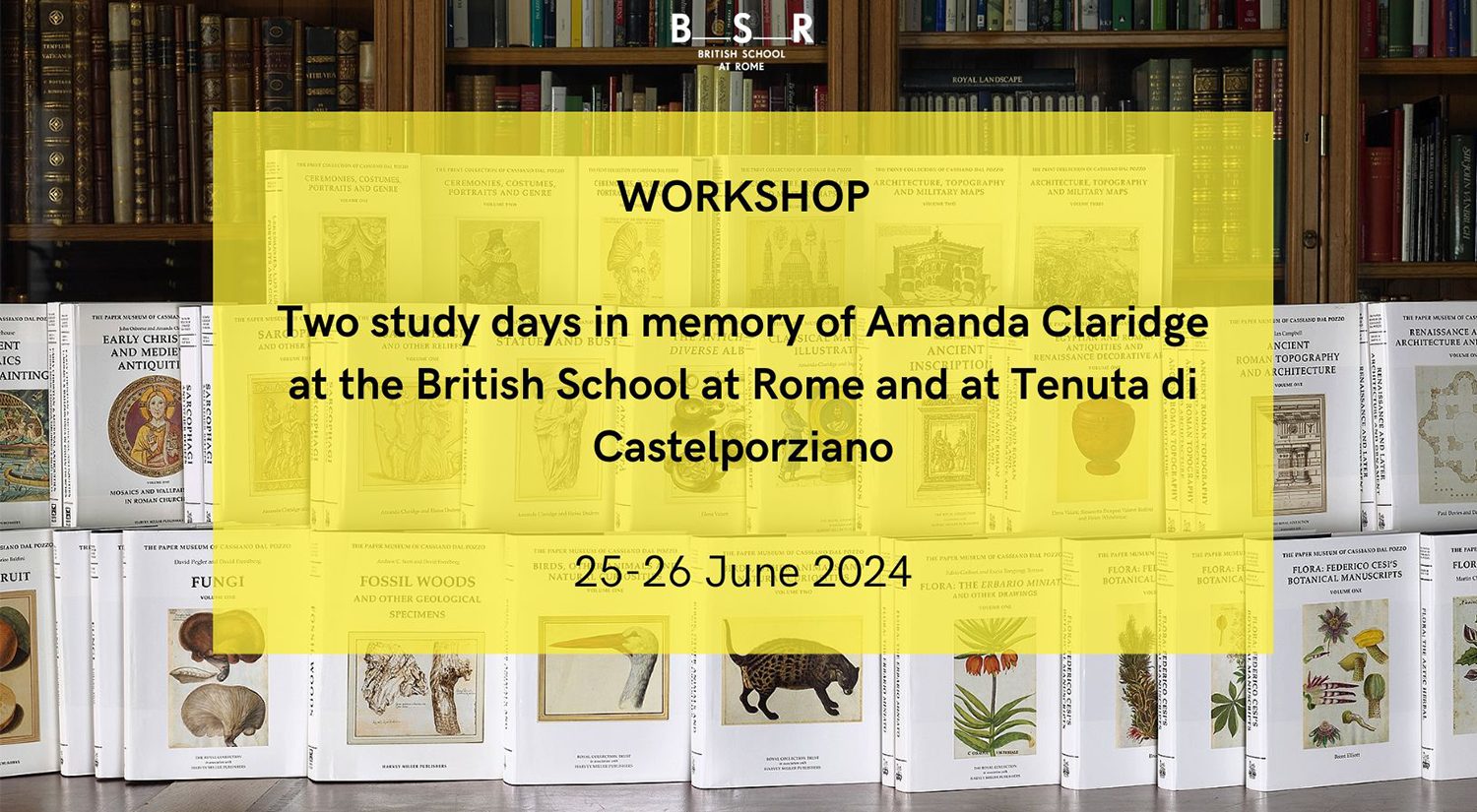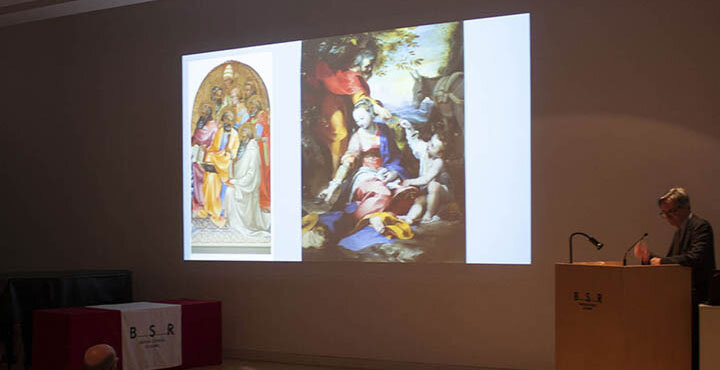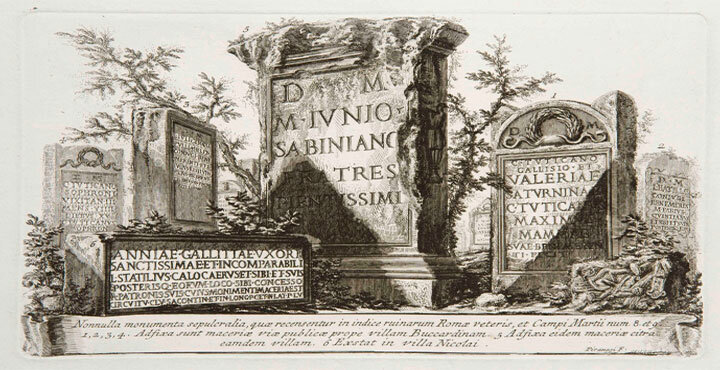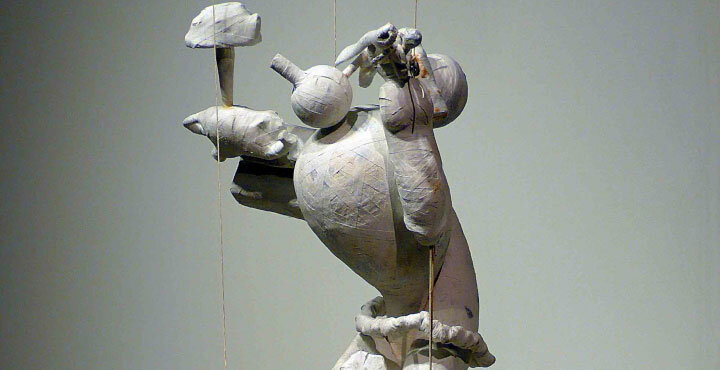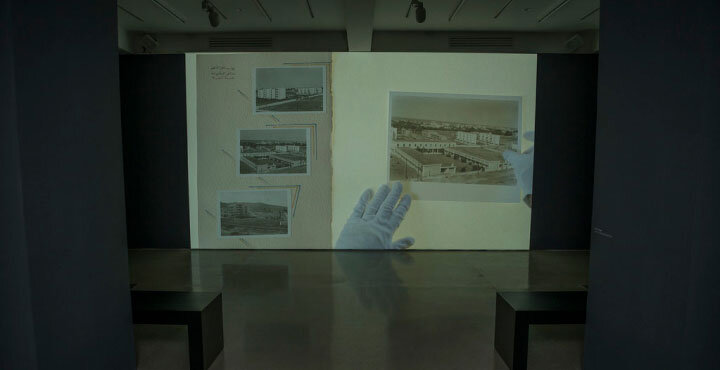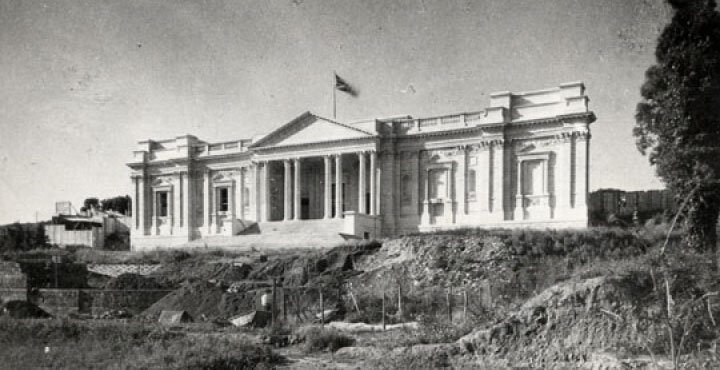Poverty was a ubiquitous phenomenon in ancient Rome, a constant feature in the city-scape. The threat of poverty haunted the vast majority of the population of the Urbs, shaping their social lives, expectations, and relations. Poverty was a defining element in the making of the late antique city, marking its social hierarchies and its spaces. This lecture will examine what made the experience of poverty different in late antique Rome, what poverty drivers impacted life in the city, and how different social groups responded to them. It will argue that, rather than marginal, it was a key element in how late antique Rome’s urban space was defined and experienced.
Carlos Machado is Senior Lecturer in Ancient History at the University of St Andrews. He was a Rome Scholar at the BSR in 2005-2006, and after that he held positions in Heidelberg and São Paulo, before moving to the UK. He is the author of Urban Space and Aristocratic Power in Late Antique Rome (Oxford, 2019), and editor of books on late antique archaeology, the city of Rome in Late Antiquity, epigraphic cultures, and poverty.
This lecture is part of the City of Rome programme, and it is held in English. It can be accessed both in person and online. To access online, you need to register through the link above.


